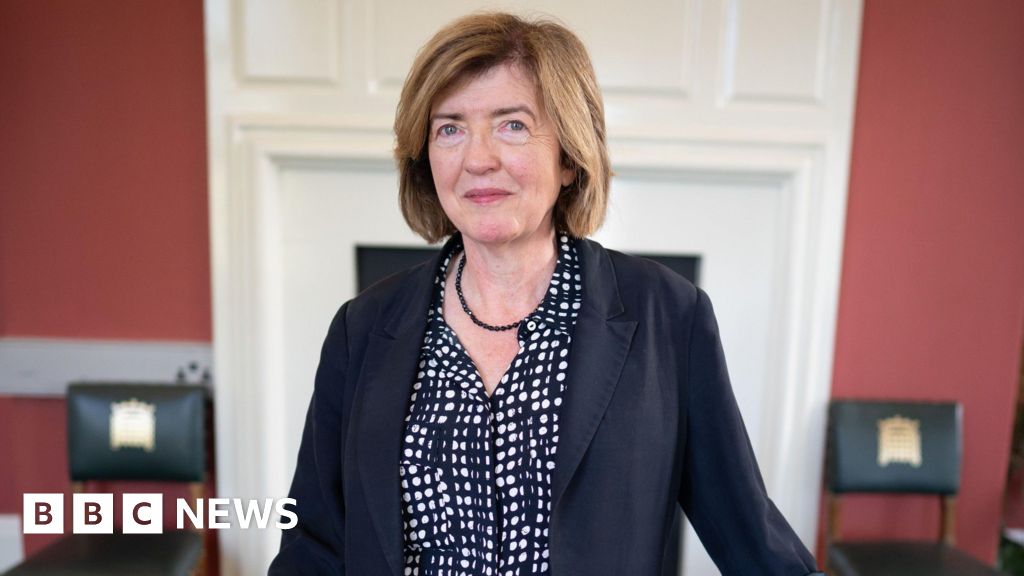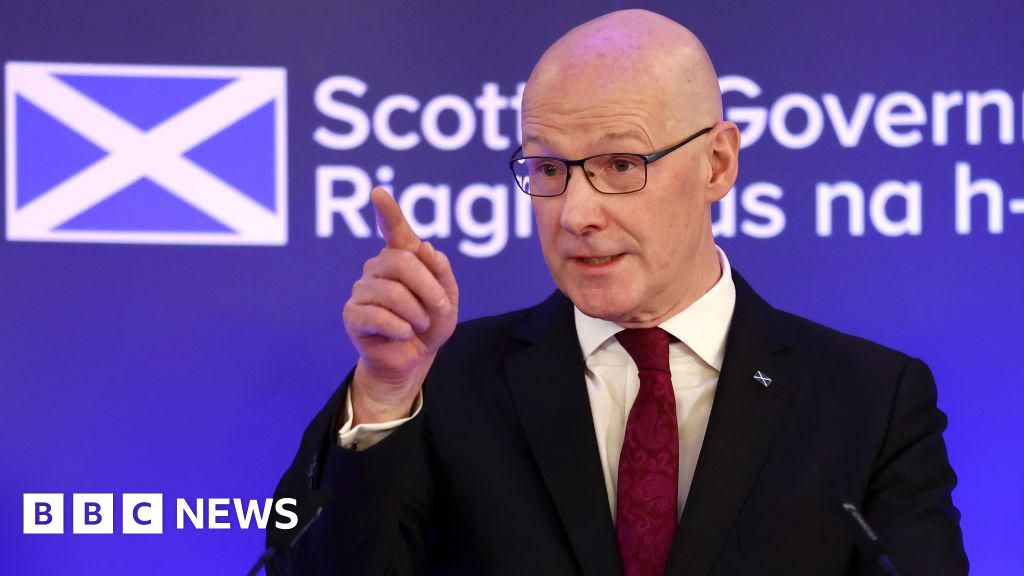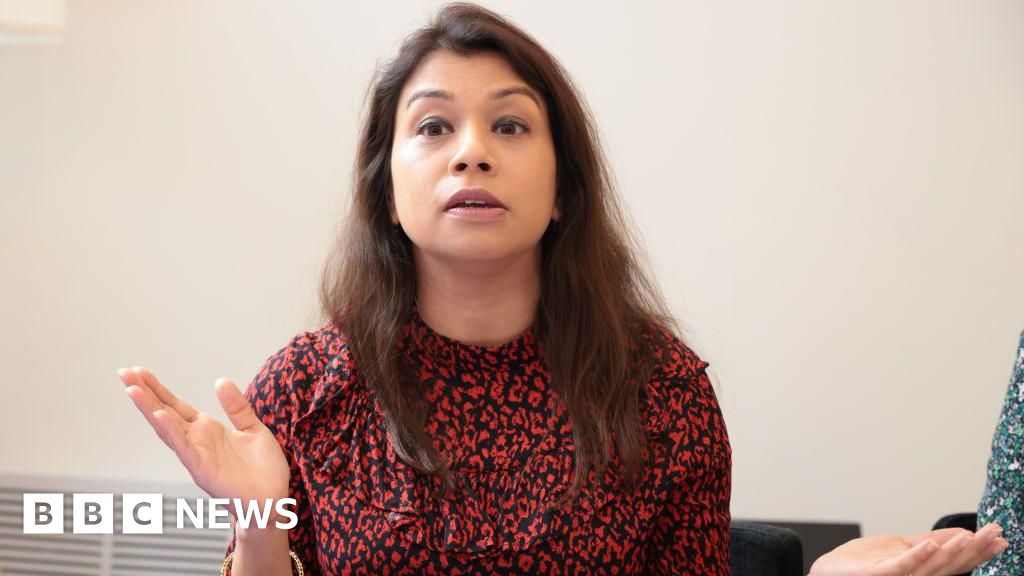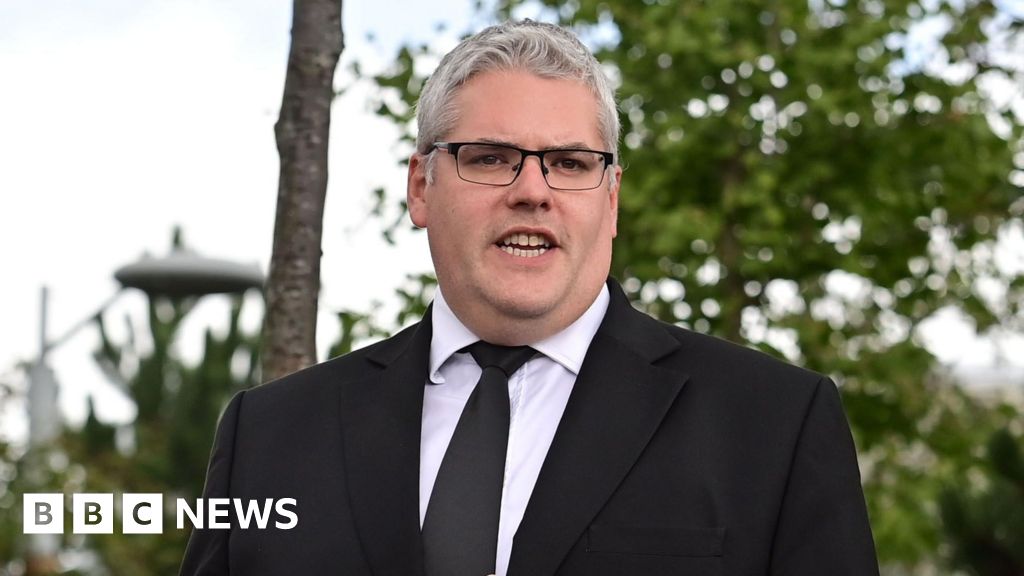The government is looking again at whether disabled people in England should be able to claim more than £30,000 to make adaptations to their homes.
Ministers have agreed to review the cap on the Disabled Facilities Grant (DFG) after a court challenge.
The grant pays for alterations, such as installing wet rooms or stairlifts.
The upper limit for claims in England hasn't been raised since 2008 and a pledge to increase it, made in 2021, was shelved by the last government.
Lawyers acting on behalf of a six-year-old boy, who has autism and other needs, applied to the High Court for a judicial review in May.
The child, who has not been named for legal reasons, lives in a one bedroom home in Tower Hamlets in London which needs to be extended to provide another bedroom and space for his equipment.
The estimated cost of the work is £100,000, far in excess of the £30,000 limit.
Labour ministers decided the new government would not fight the legal challenge and have instead agreed to conduct a review that must be completed before spring.
It will include an assessment of the impact on disabled people who are unable to make adaptations because the cost exceeds £30,000.
In a statement issued through the solicitors Irwin Mitchell, the boy's mother said their current living arrangements "don't allow us to meet our son's specific needs".
She said: "Everyone is in agreement that this extension is vital but that was no comfort or solution when the grant available doesn't cover even half the cost.
"Hopefully this decision can now start to change people's lives for the better and allow those with disabilities and their families to live with the dignity they deserve, and the chance to simply live a normal life."
Councils are able to offer their own additional funds on top of the upper limit but amounts vary between areas.
There is no guarantee this review will result in the cap in England being increased.
A review conducted in 2018 found that £30,000 often fell short of the costs of adaptations and recommended that the maximum amount should be raised by inflation.
Amy Little, Head of Advocacy at the disability charity Leonard Cheshire, said: "Finding an accessible home is not easy, which is why the Disabled Facilities Grant is vital for so many disabled people. The upper limit must rise with inflation"
A Department of Health and Social Care spokesperson said the government was "committed to ensuring everyone lives a dignified life".
They added that the chancellor had committed to boosting the Disabled Facilities Grant by £86m next year saying "this will support almost 8,000 additional home adaptations, increasing the independence of those with care needs and reducing hospital admissions".

 1 month ago
13
1 month ago
13









